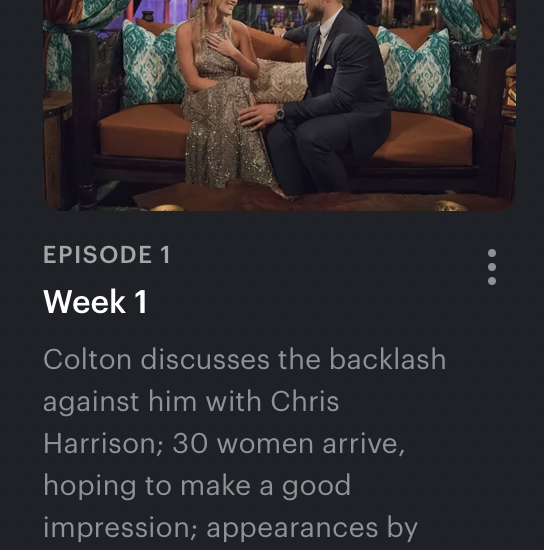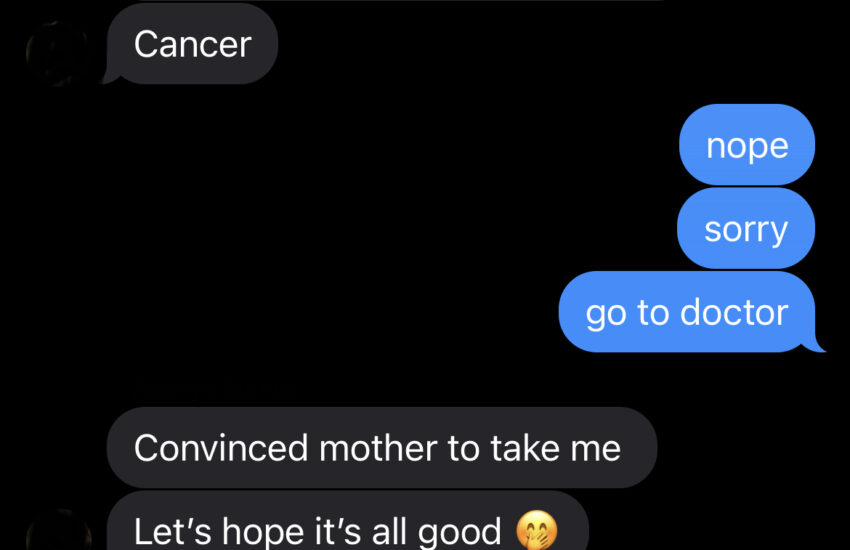The Tragedy of Birth: A Review of Breasts and Eggs
No man will ever understand the things that truly matter to a woman… how much it hurts to be a woman. They’re on a pedestal from the second they’re born, only they don’t realize it. Whenever they need something, their moms come running… and it’s women that have to make it work… If you think about it that way, how could a man and woman see eye to eye? It’s structurally impossible.
Mieko Kawakami, Breasts and Eggs
Kawakami writes a seemingly simple story in two parts–the first, Breasts, is about a woman, her sister, and her niece sharing a weekend together. The second, Eggs, is about the same woman’s journey to have a child on her own. However, these two parts are much less concrete, more ideological than they seem.
Breasts raises questions about a woman’s body and the bond between mother and child. How does a mother’s idea of her body affect her child? Does obsession with bettering one’s beauty or image destroy the bond she has with her children?
Eggs is more focused on having children– is it even ethical to bring a child into the world? Why is the woman who has children doomed within her family? No matter how hard a woman tries, can she escape ending up like her mother?
Through these two parts, Kawakami accurately captures the essence of being a woman, a daughter, a sister, a mother. Her writing is fluid and simple in structure, yet raises thousands of conflicting ideas and questions that, for all of civilization, have gone and will continue to go unresolved.
One minor character brings all these points to a boil at the near climax of the novel. She says that no one asks to be born, that all our lives are the result of either selfishness or carelessness on the parts of our parents. She says, all parents want to hear is their child saying they were happy to be born. But what happens to the babies who die in agony at the NICU, whose entire lives were lived in pain? The parents say they are happy the baby at least got a chance to live–but the child probably didn’t think that at all. Then, there are those who fail their children. These words weigh heavy on the protagonist, who has no rebuttal. Still, she decides to have her child.
Through this, Kawakami says, this is the way the world works. No matter what, we mess up our children. We hurt them in some way or the other, and they may or may not come to resent us for it. Still, for most, the cycle continues, and they have children of their own.
Then, Kawakami raises the question of the man’s place in a woman’s life. Most of the male characters in the book are abusers, absent fathers, or creeps. One character says that years from now, when women can produce children on their own, we’ll laugh and wonder why we ever tried to cohabitate with men.
We’re fundamentally different, man and woman. In a world built and designed for man, we will never truly understand each other. Even a seemingly ‘equal’ heterosexual relationship, where the man seems to understand that he too must do the housework, where he reads feminist literature, where he is willing to learn–the woman acts as a teacher, a guide, someone who bestows these ideas unto him–and therefore the relationship isn’t equal, not truly. If woman understands the struggle of woman and man, but man must be taught the struggles of woman, the relationship cannot be equal.
In Breasts and Eggs, Kawakami uses her protagonist as a vehicle for these ideas, both as an observer to her sister’s role as a mother and her own journey to pregnancy. We grow up, we have children, and we’re never truly sure if we’re raising them right.

